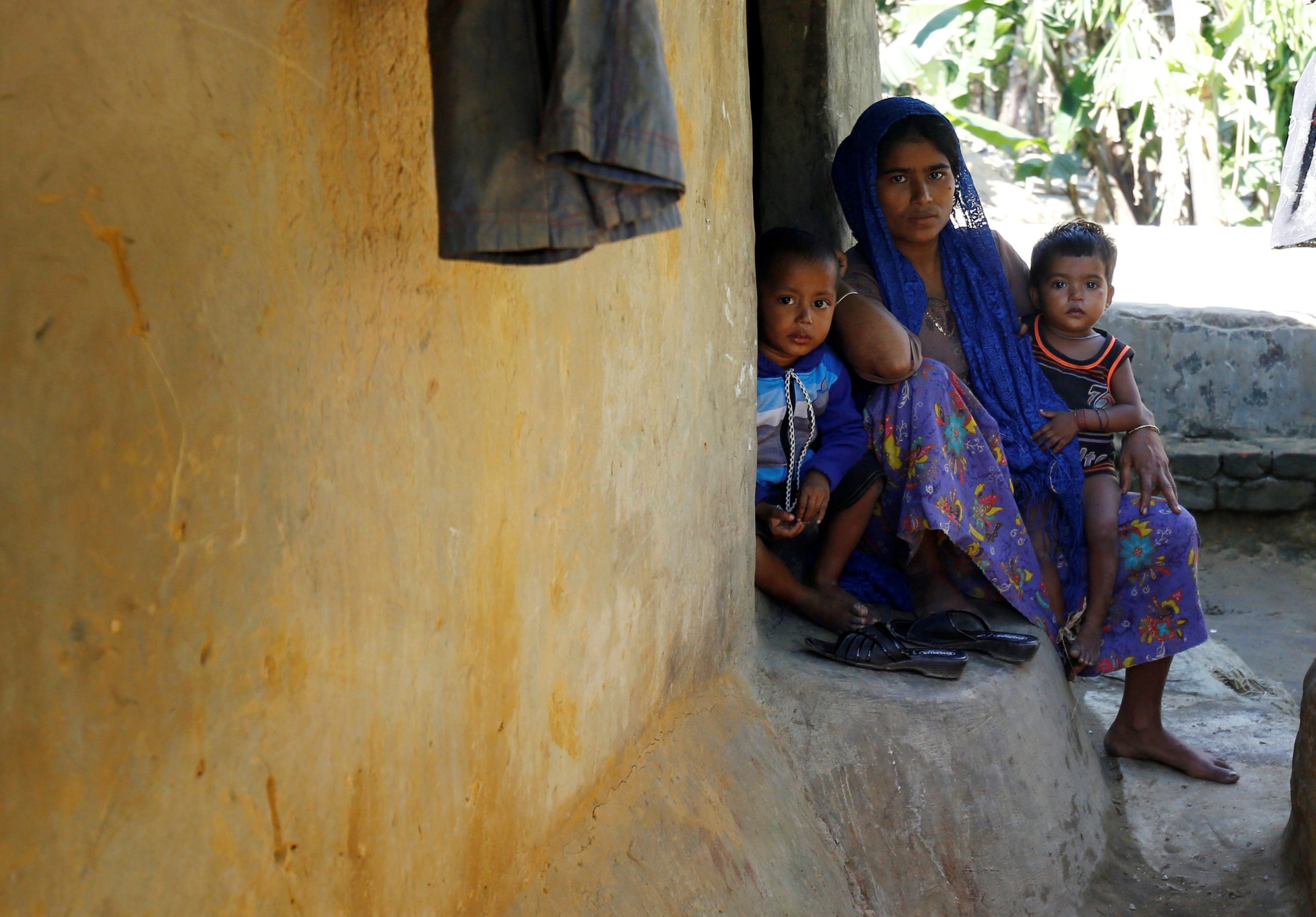More than 100,000 people have been displaced across conflict-wracked Arakan, Kachin and Shan states since October, according to the UN Office for the Coordination of Humanitarian Affairs (OCHA).
The mass displacement includes some 92,000 people from northern Arakan State, 69,000 of whom have taken shelter in neighbouring Bangladesh due to a security crackdown in the region in response to a coordinated, lethal assault on border police posts on 9 October. The vast majority of those displaced from Arakan State are Rohingya Muslims as the minority has been targeted by security forces in a heavy-handed manhunt for the 9 October attacks’ perpetrators, whom the government has identified as Islamic extremists.
Dozens have been killed in the operation, and more than 500 suspected militants have been detained. Women fleeing the violence for refugee camps in Bangladesh have given accounts of rape, torture and extrajudicial killings at the hands of Burmese security forces, accusations the government has rejected as fabrications.
In Kachin and northern Shan states, ongoing conflict between government security forces and several ethnic armed groups has displaced nearly 11,000 civilians in recent months, according to OCHA’s tally. They have added to the ranks of tens of thousands already displaced across Kachin and northern Shan states as a result of a conflict between the government and the Kachin Independence Army (KIA) that entered its sixth year in June.
The displacement of more than 100,000 civilians over a period of less than four months marks the largest internal upheaval since 2012, when inter-communal violence left about 140,000 people — most of them Rohingya — sheltering in IDP camps, where a large majority remain. The recent spike reflects a daunting reality for the National League for Democracy administration: that it was sworn in on 30 March under a Constitution that leaves its leadership without control of the security forces largely responsible for driving the displacement.
In its latest bulletin, the UN aid agency highlighted prolonged displacement, basic sheltering needs and continuing restrictions on access for humanitarian assistance as major concerns in all three affected states. It noted that while aid access has improved from a near total lockdown of northern Maungdaw Township in the weeks after 9 October, foreign humanitarian personnel are still heavily restricted in the region and there are concerns about the long-term health consequences for some 150,000 people in northern Arakan State who had been cut off from aid for three months.
In Kachin State, an escalation in fighting between the Burma Army and the KIA near camps for internally displaced persons (IDPs) has resulted in many civilians already displaced by the long-running conflict being forced to flee once again.
“Entire camps … in areas beyond government control have been virtually emptied as a result of fighting nearby and a growing number of people have now been displaced multiple times in recent months,” read an OCHA Humanitarian Bulletin covering the period from October 2016 through January 2017, which was released this week.
Starting in December, much of the new displacement in Kachin State has come as the Tatmadaw has captured a series of posts previously held by the KIA, advancing on the ethnic armed group’s Laiza stronghold on the border with China.
On a visit to Kachin State earlier this month, the UN special rapporteur on human rights in Burma, Yanghee Lee, painted a bleak picture of the deteriorating humanitarian situation in the country’s north.
Of the “extremely worrying situation in Kachin State, as well as in the north of Shan State,” she said at a press conference on 20 January, “The plight of people in this area is too often overlooked, but sadly, here too, people are suffering and the hope generated by the outcome of the 2015 elections is starting to wane.”
“Those in Kachin State tell me that the conditions have deteriorated — that the situation is now worse than at any point in the past few years,” she added.
[related]
Last week, 22 local and international humanitarian and development organisations released just the latest call for an end to hostilities in northern Burma.
“We are alarmed about incidents of civilians being killed, injured and displaced due to intensification of military operations and use of heavy artillery in close proximity to IDP camps and populated areas,” read the statement, dated 25 January.
“In the absence of a political solution to the humanitarian crisis and any imminent prospect of an inclusive peace dialogue in Kachin and northern Shan states, the situation of those displaced communities is particularly alarming given the lack of safe locations, threats to their safety, increasing restrictions on their freedom of movement and their inability to access humanitarian aid,” it added.
Even as the number of IDPs in the Kachin conflict has grown, UN humanitarian aid work has been hampered by growing government restrictions.
“Since May 2016, the UN has been systematically blocked by the government in its efforts to deliver aid to displaced people in areas beyond government control in Kachin State,” said the OCHA bulletin released this week. “Previously, the UN had far greater access with convoys regularly taking supplies to displaced people in camps on both sides of the front line but this is no longer the case.”
Discussing Kachin and northern Shan states, as well as Arakan State, in her statement on 20 January, the UN envoy Lee said “humanitarian access is worse now than it was when I last visited [in June 2016], with access shrinking month on month and is subject to ever increasing bureaucratic hurdles.”
OCHA has laid out a $150 million spending plan to address the humanitarian needs of more than half a million people in Burma in 2017.



